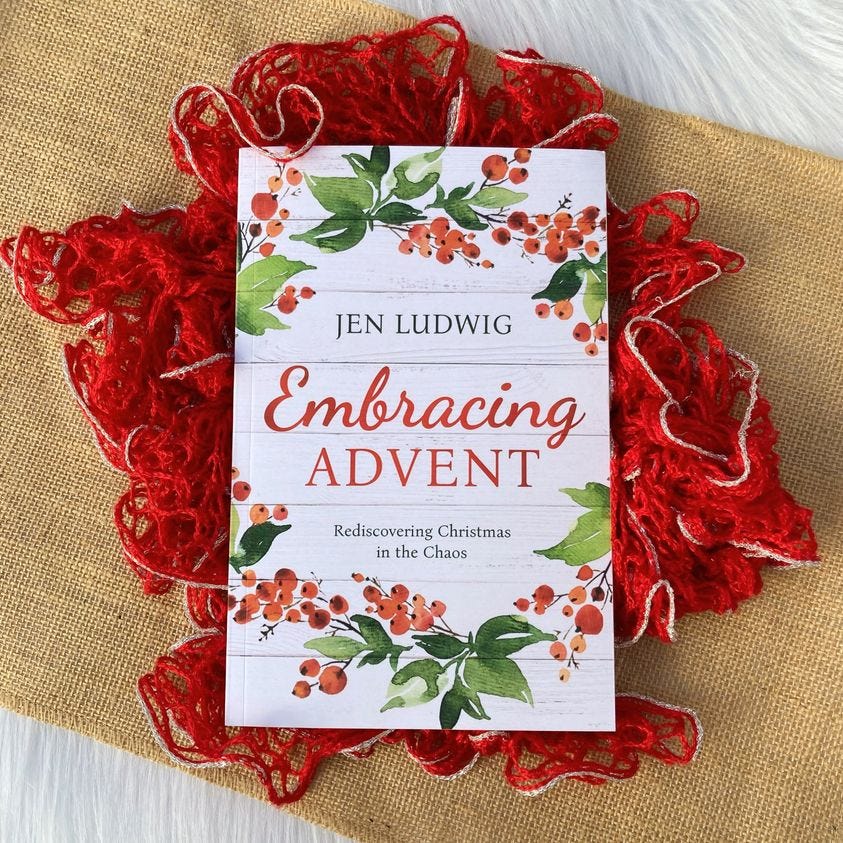Telling your boss that she might be nuts is not something I’d recommend, but I was tempted to.
When our pastor announced at a staff meeting that her sermon series this fall would center around the theme of “Choosing unity amidst diversity,” I was impressed. In an election year as fraught as this one, it takes guts to forge ahead in the way of Jesus, in the way of Love. But a few weeks later, when she announced that we had hired an outside company1 to come to our church community and lead a series of workshops designed to help us have conversations about our differences, I was skeptical.
On the one hand, I was proud of our church for putting into action what is preached from the pulpit. On the other hand, I’m someone who would rather swim in the safe waters of commonality than venture into a conversation where differences may lead to conflict. In the name of getting along, I would rather stay silent and be misunderstood than show any of my colors.
Also in the name of getting along, I kept my opinions to myself and went to the workshops.
Focus on the other
The first one was called “The Art of Conversation” and everyone was encouraged to attend. Over the course of a few hours, the presenters spoke about the purpose of communication, what happens in our brain when we feel threatened, how to listen well, and how to ask good questions. At key moments, we broke into small groups to practice what we’d learned.
Later, as I was explaining this workshop to a friend, it occurred to me that it may have been mistitled. It wasn’t so much about The Art of Conversation as it was about The Art of Listening. As it turns out, no one needs much help with the talking part. We’re really great at expressing ourselves. It’s easy to share about our own experiences and opinions. What is surprisingly hard is listening, and listening deeply.
Most of us listen for something relatable, formulating what we’re going to say as soon as the other person is finished talking. But to listen deeply, we should focus our attention on two things:
The action, emotion, and values behind what the other persons is saying. (Ex: I hear you were let go from your job and had to pack up your office and leave. I hear how betrayed you felt and how embarrassing it was for you to walk out that door. You clearly value a job well done and take pride in your work!)
Asking follow up “window-opening” questions, as opposed to “door-slamming” questions. (Open window: How did this job contribute to your sense of identity? What do you think you’ll take from this experience into your next job? Slammed door: What did you think was going to happen when that new boss took over? Didn’t you realize that large companies like yours only care about the bottom line?)
Listening for action and emotion comes a bit more naturally to most people, but listening for a person’s values (displayed by said action and emotion) takes a bit more work.
Why are you asking?
And as for asking the right kind of questions, the kind that promote connection? Tough! We can easily avoid door-slamming questions, the kind that make people get defensive or that can only be answered with a yes/no. It’s far more difficult to ask a good window-opening question, that will allow the other person to dig deeper and will allow us to come to a greater understanding.
Often, the questions we ask may be motivated by our need to convince or persuade, or lead the person talking to our point of view. This is partly why it’s difficult to have meaningful conversations around matters of politics or faith. But if we can set aside our need to be right or to convince, and instead make meaningful connection our goal, we are more likely to come to a place of mutual understanding, even if there is disagreement.
Much has been said about the power of story: the importance of owning our stories, making sense of our stories, telling our stories. This is right and good. Less is made of listening, however, because it requires our own meekness and humility. It involves a holding back of Self while we keep the spotlight on someone else. And that’s a lot harder! Pastor and author Adam S. McHugh notes:
"We learn how to listen because we want to learn how to love. We want to learn how to practice hospitality, how to truly welcome people into our lives. We want to be story-hearers and not just storytellers. We want to find the internal quiet and stillness that will open us to being changed. We want to learn how to listen because we want to become more human."2
When we give someone the gift of our attention, of a deeply listening ear, we are embodying Christ’s love in the ultimate form of hospitality. When we listen deeply, we’re not saying: “I agree with everything you say.” Instead, we’re saying: “You are seen. You are valued. You are understood. Your whole self is welcome with me.” This is a gift I’d like to practice giving.
And now, I’d love to have the opportunity to listen to YOU! I’m doing some research about empowering women to own their faith and pursue a deeper knowledge of God. Your contributions at this early stage are so valuable to me as I consider the shape and content of my second book! Would you fill out this 3 minute survey?
I’ll draw TWO lucky winners for a $25 gift card to Target!
Winners announced in the next edition of The Scoop.
Something I wrote: Even if you’ve mostly left social media, it’s still hard to juggle the many roles of a writer without feeling overwhelmed. How to Ditch the Writing Overwhelm with a Road Map will encourage other writers trying to balance it all!
Something I read and loved: I couldn’t pick, so choose your own adventure!
First up, this is a brilliantly practical piece from
: What Will You Prayerfully Neglect for the Sake of Balance? Creating a holiday to-don’t list will ensure you don’t overfill/overkill the season!Next, Why Women Are Leaving the Church (and why they should) by
was deeply insightful, and so were her thoughts on what would bring women back.Something I listened to: This 11-minute podcast from
titled “A Liturgy for Election Day” is just what my soul needed to exhale.Something I’m cooking: If you’ve been hanging around here long enough, you’ll know I love chickpeas! Can’t wait to add these Mongolian Chickpeas to my regular rotation.
I’ll admit, I wasn’t ready to hear Christmas music at Target a few days ago, but the truth is that Advent (starting Dec. 1 this year) always sneaks up on me. Advent is a meaningful time in the liturgical church calendar, and
has a beautiful devotional book for you called Embracing Advent: Rediscovering Christmas in the Chaos.Inside, there are short daily readings organized around Hope, Peace, Joy, and Love. Her words are beautiful and meaningful, and I know it will be a wonderful resource to help you get into the spirit of the season!
Until next time (and don’t forget the survey!),
From The Listening Life by Adam S. McHugh








It's such a simple reframe to shift our purpose in a conversation to connection rather than expressing our opinion. I love that!
These words align so well with what I wrote yesterday!